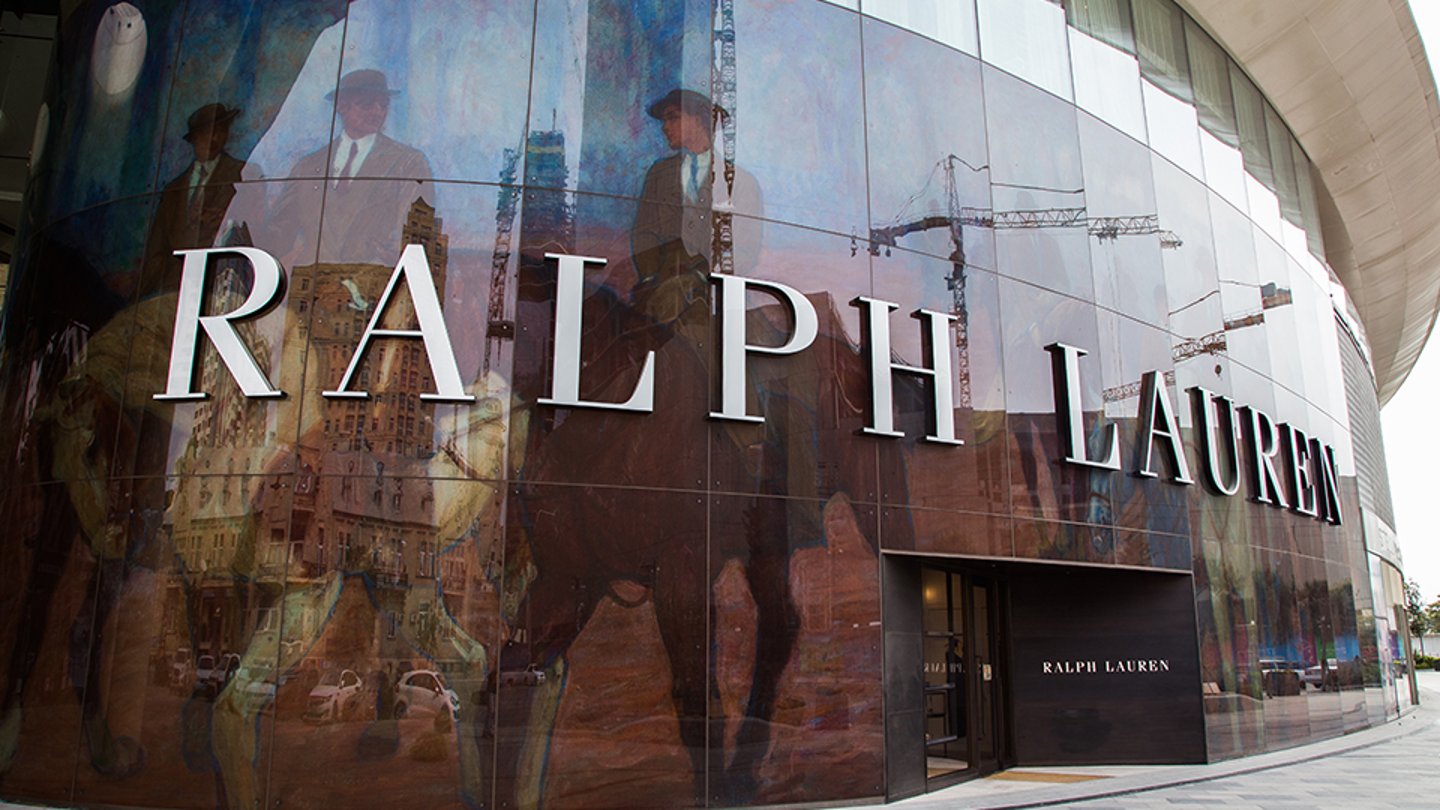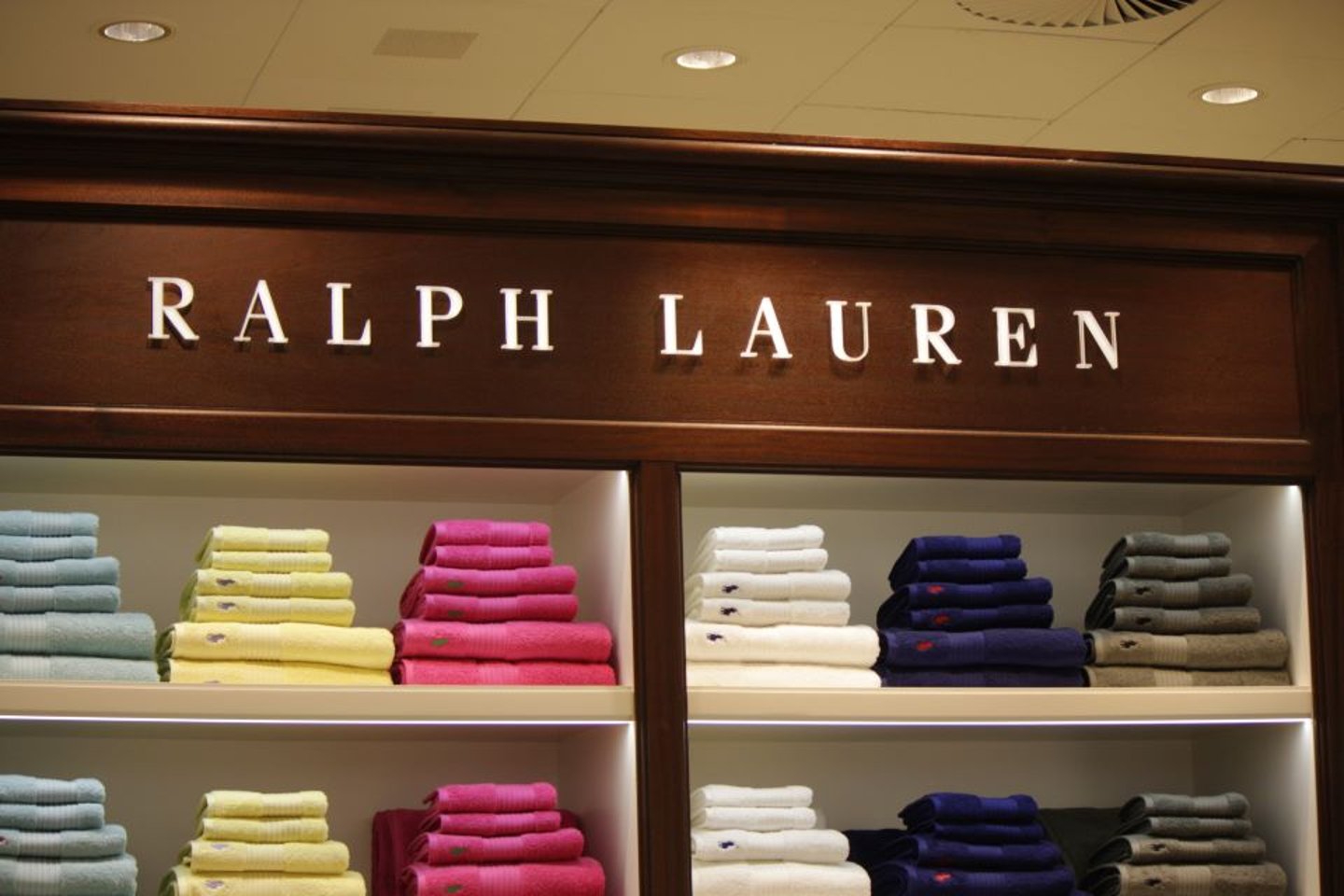Ralph Lauren Plans Global ERP for DTC Pivot
Ralph Lauren is investing in a global ERP system to support its heavier focus on selling direct-to-consumer.
While the company did not share a timeline, consolidation into a single ERP is part of the company’s multi-year systems CapEx, which also include integrated business planning tools and enhanced logistics automation.
“These initiatives will enable a fundamental transformation in our end-to-end processes as we become a more global DTC-oriented company, and greater efficiencies across demand planning, inventory buying, allocations, and more,” said Jane Nielsen, Ralph Lauren COO and CFO, in an earnings call last week.
Pivot to DTC
Like many apparel companies, Ralph Lauren is taking steps to ease its reliance on the softer wholesale channel. Wholesale represents about 16% of the company’s business, down from 25%, and it anticipates the channel to continue to decline in North America.
In the same vein as Levi’s, which implemented its own ERP last year, Ralph Lauren is bullish on DTC and expects the channel to lead growth in North America across stores and digital. The company will also open a “handful” of new stores in the region, said Nielsen, and they remain focused on attracting newer and younger consumers.
Wholesale channels are faring far worse than DTC for big brands in general, Neil Saunders, managing director of retail at GlobalData, tells CGT. Department stores are seeing foot-traffic and spending declines, and wholesale channels do not always present brands — particularly higher-end and premium brands — in their best light, he noted.
See also: Ralph Lauren Launches Digital Platform, First Luxury Store in Canada
“There has been a general deterioration in standards which is off-putting for many brands. For these reasons, many brands are focusing more on direct-to-consumer sales. In some cases, these can also generate stronger margins and give the brand more control,” he said.
To connect the dots between channels, Ralph Lauren is also bolstering its analytics capabilities for a better grasp on inventory management — joining the 40% of retailers and 26% of manufacturers who cited this as a top analytics priority this year.
As part of this, Ralph Lauren’s pilot of predictive buying models in Asia and Europe stores this year are proving to enable better in-stock availability on sizing and best-selling products, per CEO Patrice Louvet.
The AI-driven models are resulting in both incremental sales and improved conversion, and the company expects to scale use to about a quarter of its international DTC business this fiscal year.
“[Ralph Lauren] performs better when it controls the sales channel, and this needs to be a springboard for pushing more heavily into the direct-to-consumer space,” said Saunders. “There are too many key shopping destinations in the U.S. and overseas where Ralph Lauren does not operate stores; this effectively means that the brand loses both visibility and sales.”







